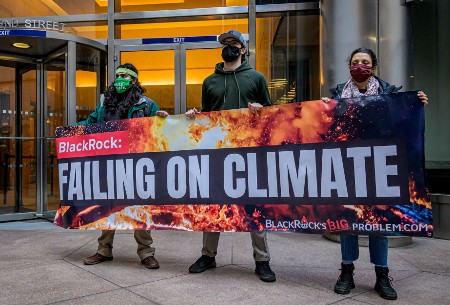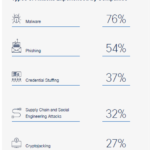Climate change this week has been a bit of the good, bad and ugly. The good news is coming from citizens’ initiatives, court rulings and shareholder actions involving fossil fuel energy companies. The bad and ugly is the news from climate scientists and the World Meteorological Organization (WMO) that are forecasting a 40% chance that average annual global atmospheric temperatures will hit 1.5 Celsius (2.4 Fahrenheit) degrees above the 19th century average at the dawn of the Industrial Revolution.
At the Paris climate meeting known as COP21 back in 2015, 196 countries set a goal to limit atmospheric warming to below 2.0 Celsius (3.6 Fahrenheit), with a preference to not exceed 1.5 Celsius. To achieve this, the signing countries pledged to rapidly reduce greenhouse gas (GHG) emissions to achieve net-zero by 2050. Sadly, just six years later, it appears we are likely to see global temperatures exceed the 1.5 Celsius lower limit. The WMO noted that in 2020 we had already hit a 1.2 Celsius (2.16 Fahrenheit) rise.
Breaching the 1.5 Celsius rise before the decade ends was unforeseen by many in the political community, but not by scientists. The WMO’s 40% probability assessment may help make governments do more in terms of policies to accelerate mitigation and adaptation projects and programs. Let’s hope so, particularly from the largest GHG emitters – China, and the United States. And let’s hope the companies that have most profited from emitting GHGs into the atmosphere are finally brought to heel by global citizenry. The air we breathe knows no boundaries. Nor do the oceans we depend on that as primary carbon sinks continue to slowly acidify and deoxygenated.
Citizens initiatives, courts and shareholders are beginning to push back against current fossil fuel company behaviours. In the past week, a Dutch court (The Netherlands is the home of Royal Dutch Shell) ruled on behalf of 17,000 Dutch citizens, that one of the world’s largest energy companies had to meet a deadline to cut its carbon dioxide (CO2) emissions in 2030 by 45% from 2019 levels.
The court’s ruling applied not only to the company but also to its suppliers. In other words, the engineering contractors doing the exploration and extraction of oil and natural gas, the tankers involved in distribution, and the refiners and pipeline operators. The company plans to appeal arguing that it has accelerated its efforts to achieve net-zero emissions by 2050 in compliance with the Paris Agreement.
Two other energy giants, ExxonMobil and Chevron in the past week both found themselves under attack by shareholders who didn’t like the two companies’ carbon emission strategies. In the case of Exxon, the shareholders replaced two members of the board with “green” candidates. And with Chevron, the shareholders voted by 61% for more vigorous action to cut GHG emissions. These two actions were preceded this month by similar shareholder assaults at ConocoPhillips, and Phillips 66.
BlackRock, an institutional investor that owns a 6.7% stake in Exxon, joined Engine No. 1 (EN1), a hedge fund activist group, in supporting the campaign to replace two board members with greener choices. BlackRock’s Chairman and CEO, Larry Fink, had recently announced its conversion to a greener future asking companies in which it held shares to apply climate risk metrics in their business plans, to provide details and milestones to keep global atmospheric warming below 2 Celsius by century end. EN1, launched in December of 2020, has been purpose-built to apply sustainability principles to the companies in which it invests. Exxon has been a target of its efforts from the get-go.
The action of the court in The Netherlands and the shareholder revolts underway in the oil patch represent a small victory for our planet and those of us dependent on it. It cannot come soon enough considering the forecasts of the WMO.



















